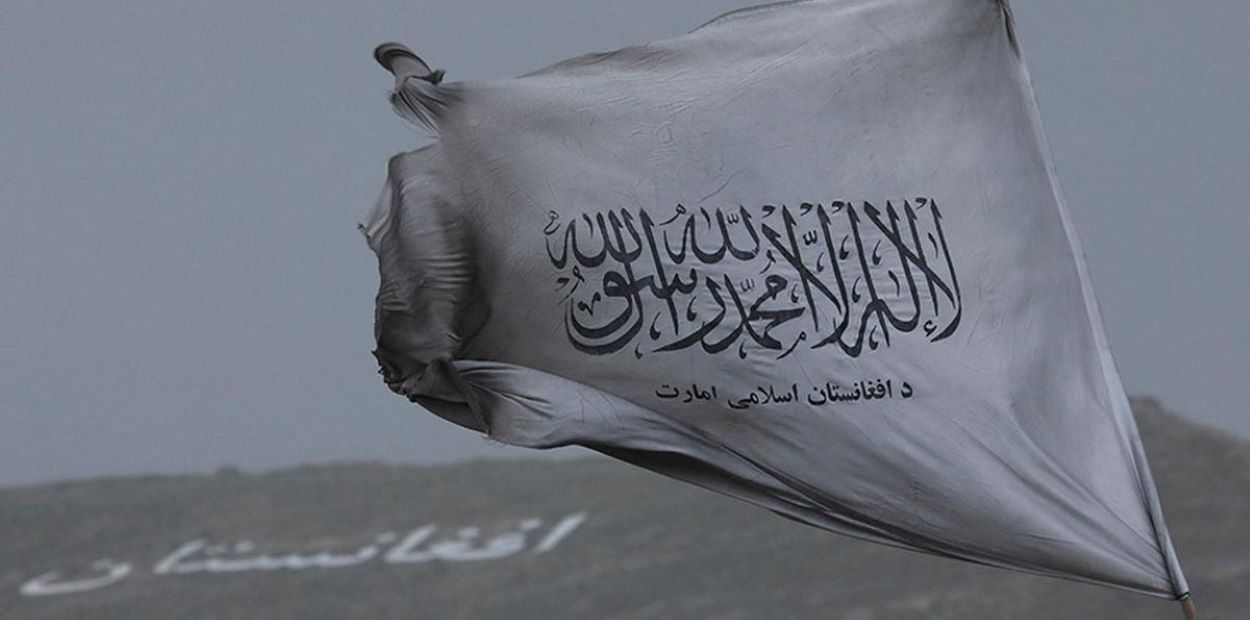Taliban authorities executed two individuals convicted of murder by shooting them from behind in Ghazni city, witnessed by a large crowd.
The execution followed a Supreme Court official’s public reading of a death warrant authorized by Taliban Supreme Leader Hibatullah Akhundzada.
Darwish announced, “After a two-year judicial process, these individuals, found guilty of murder, faced execution under the signed order.”
The event attracted thousands to the stadium, including the victims’ families, who were offered but declined a chance for amnesty.
Since seizing control in 2021 and enforcing a strict version of Islamic law, the Taliban’s rule in Kabul remains unrecognized internationally.
In 2022, Akhundzada commanded the strict application of Islamic law, including disciplinary justice measures.
Sharia, providing Muslims guidance on various life aspects, sees diverse interpretations globally, with the Taliban adopting one of the strictest forms, reinstating severe punishments.
Despite extensive investments in a judicial system blending Islamic and secular laws by the previous government, issues like corruption and inefficiency persisted.
Public executions halted after 2001 have resumed under the Taliban, marking the third and fourth since their 2021 return to power, with earlier cases also involving murder convictions.
Additionally, public corporal punishments for crimes like theft and adultery have been conducted.
The last execution before today occurred in June 2023, with a murder convict executed at a mosque in Laghman province before approximately 2,000 spectators.
International backlash to these actions and other severe measures, including restrictions on women and girls, has led to significant reductions in external support for Afghanistan, further impacting its economy.






